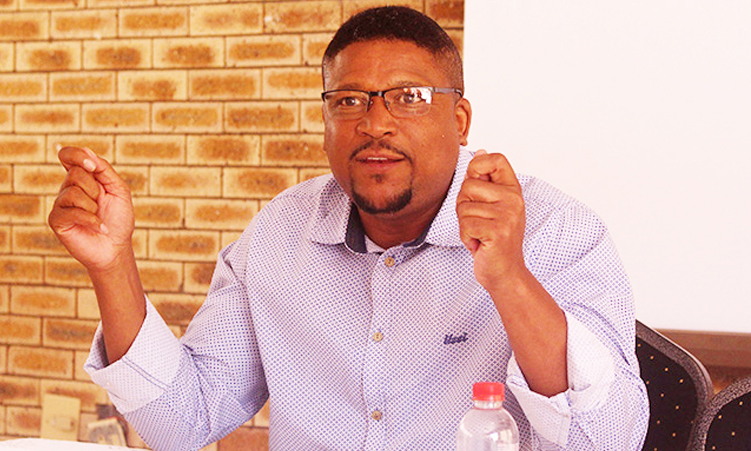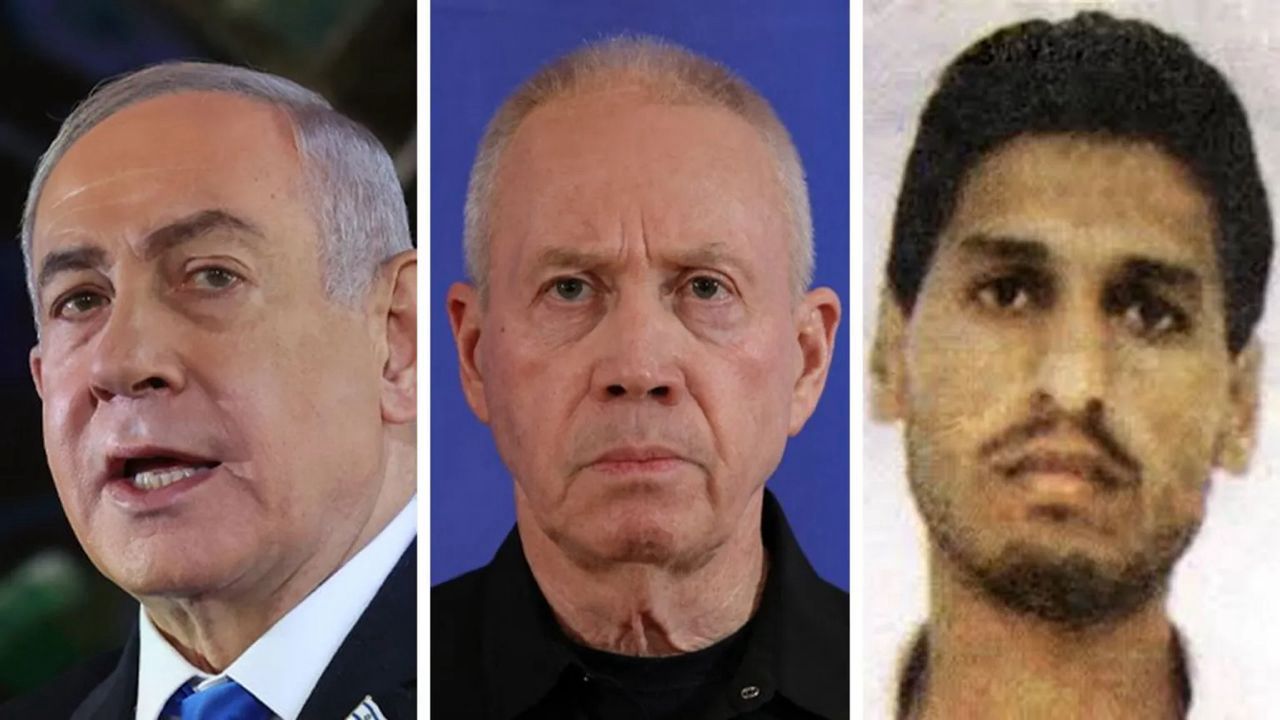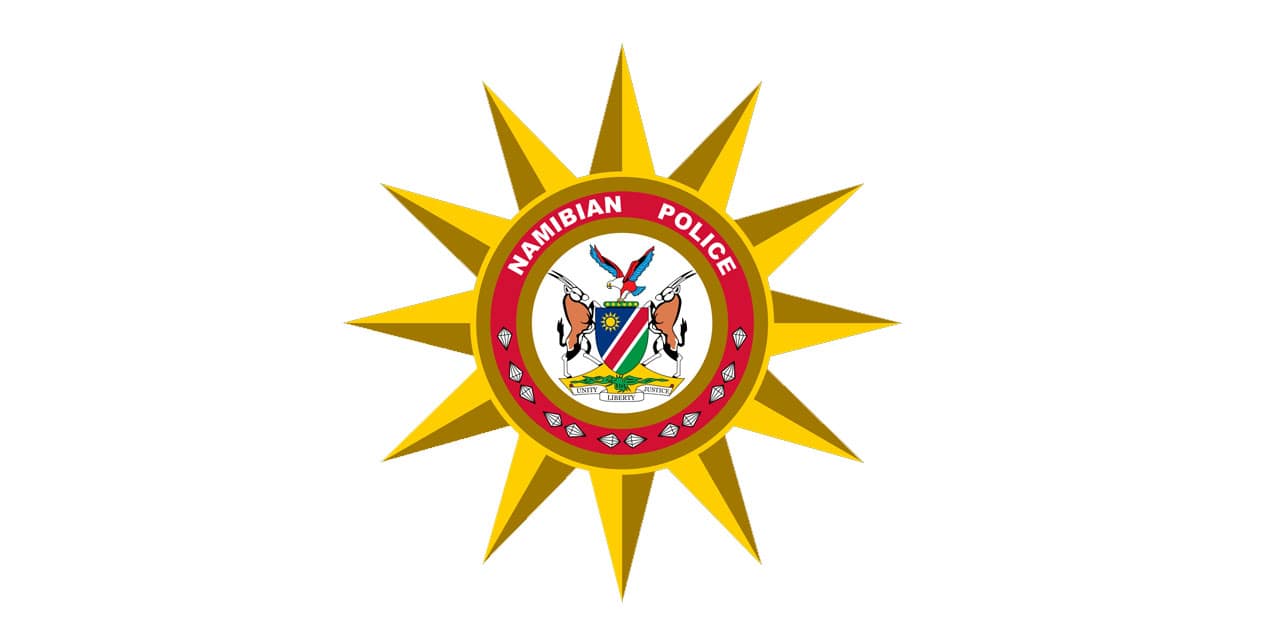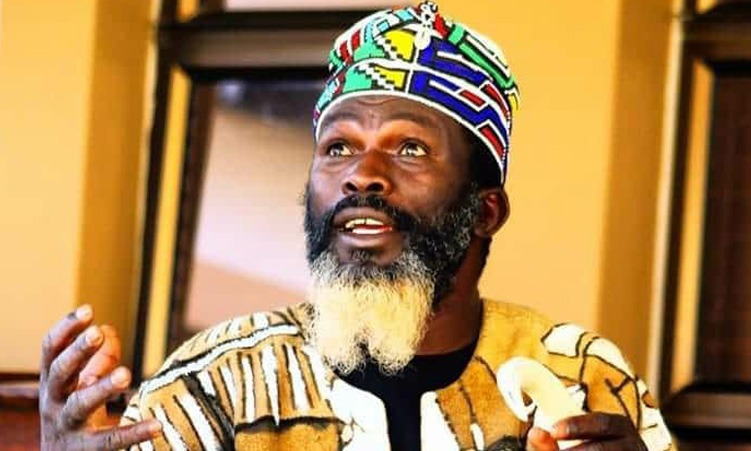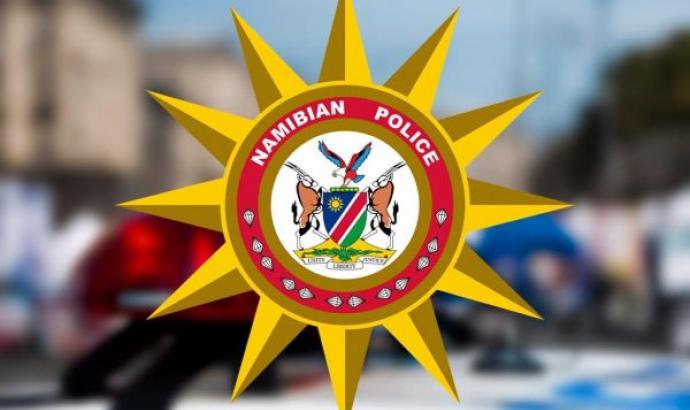With the November presidential and National Assembly elections drawing closer political parties are promising high-speed internet, digitised classrooms, better infrastructure and curriculum reform to revamp Namibia’s education sector
The United Nations Children’s Fund (Unicef) says the country currently has a deficit of about 4 480 classrooms.
Executive director of education, arts and culture Sanet Steenkamp says infrastructure is the sector’s biggest need.
“We need more schools – not just classrooms. We need primary and secondary schools to be constructed in a much shorter time frame than the current cycle, where it takes years,” she says.
Other infrastructure needs are libraries, resource centres, laboratories, sanitation facilities and dining halls for children.
The Popular Democratic Movement (PDM) and the Independent Patriots for Change (IPC) aim to establish a national institute for teachers’ training or a national teaching council.
Both parties say they plan to fund education through the private sector.
IPC’S N$5-BILLION PLAN
The IPC plans to rope in the private sector to fund its N$5-billion investment plan over five years.
This would be spent on “modernising school infrastructure nationwide, with a priority on rural schools with no infrastructure”.
“Ensure 100% of schools have access to electricity, internet and basic sanitation – irrespective of location,” the manifesto reads.
The IPC wants universities to deliver 10 000 teachers with subject specialisation annually.
Between 2017 and 2023, about 8 000 qualified teachers were unemployed.
This number is expected to increase as about 3 000 teachers graduate countrywide each year.
DIGITISATION DREAM
The IPC’s digitisation dream for schools include establishing artificial intelligence (AI) and robotics laboratories at all major towns, as well as “an entrepreneurship and digital skills curriculum in all secondary schools
Teachers Union of Namibia (TUN) secretary general Mahongora Kavihuha says political parties should discuss digitisation, starting with curriculum reform.
“I mean the teacher’s curriculum, because there is no higher education institution which places digitisation at the heart of its training,” he says.
Kavihuha says plans to involve the private sector for funding involves the state running away from its responsibilities.
“We can’t bring a major advocate for private-public partnerships in education. Education is the sole responsibility of the state,” he says.
Private Schools Association of Namibia chairperson Colette Rieckert says curriculum review and teacher training are two of the biggest challenges in the education sector.
She says pupils struggle with the new curriculum.
“The latest report that was sent out by the National Institute for Educational Development says only 25% of Namibian teachers in government schools are actually qualified for the subjects they are supposed to teach,” Rieckert says.
‘ADDRESSING URGENT NEEDS’
Swapo in its manifesto promises to upgrade and renovate school infrastructure.
“[. . .] by building additional special schools, classrooms, toilets, laboratories, hostels and sport facilities in areas with urgent needs to deliver high-quality education,” it reads.
The party wants to enhance educational outcomes by equipping schools with advanced technology infrastructure.
“[. . .] high-speed internet and making provision for basic teaching aids, such as textbooks, stationery and equipment,” it reads.
The Ministry of Education, Arts and Culture last year indicated to parliament that most rural schools and community facilities do not have access to basic connections such as roads and electricity “let alone Wi-Fi or the internet”.
This was stated in a parliamentary standing committee on information, communication and technology report in March on a motion to introduce free Wi-Fi in schools.
TURN GOVT BUILDINGS INTO CLASSROOMS
The Republican Party (RP) also plans to review the curriculum.
It suggests that Namibians conduct this review – not foreign nationals.
“To employ Namibia’s own qualified and experienced teachers and other experts in education to draw up syllabi and avoid using costly foreign consultants,” the party’s manifesto reads.
The RP plans to put a moratorium on any new governmental development by housing different ministries in one governmental building.
“[. . .] because of under-utilisation of governmental buildings and office blocks,” its manifesto reads.
“This would lead to many empty ministry buildings being used to overcome the shortfall of classrooms and school buildings.”
The party further plans to integrate the use of artificial intelligence (AI) technology across the curriculum and into teaching methods.
The National Democratic Party (NDP) emphasises free education for public institutions and schools to outperform private schools.
It wants to connect all schools to high-speed fibre by 2028.
“The NDP government will include robotics and coding in the curricula at all schools by 2025, and provide each pupils with a laptop by 2028,” its manifesto reads.
In four years, the NDP wants to build AI laboratories at all universities and national technical and vocational education and training colleges by 2028.
“The NDP government will build five astronomical observatory centres by 2025 to encourage young people to study astronomy.”
FREE UNIVERSITY
The National Empowerment Fighting Corruption (NEFC) “shall strive to provide free secondary education and free university education”.
Currently, government schools are free, with additional registration fees, stationery costs, fundraising activities and miscellaneous expenses.
“[. . .] shall direct its policy towards ensuring free education for all to provide equal and adequate educational opportunities at all levels,” the party’s manifesto reads.
It says its government would not allow “transgender education”.
The party says it would build more hostels for pupils, and appoint more teachers to schools – especially in the rural areas.
“[. . .] introduce basic salaries for all kindergarten teachers,” its manifesto reads.
INDIGENOUS KNOWLEDGE
The South West Africa National Union (Swanu) wants the education curriculum to include “indigenous systems”, introducing traditional medicine and other practices.
“The indigenous systems’ way of teaching can be achieved if tertiary education systems’ research and development are aligned with the old way of living, for example, medication to treat smallpox or coughing can be derived from goat manure, or blindness can be overcome with products of urinary derivatives,” the manifesto reads.
Swanu wants to take educational lessons from Zimbabwe and Botswana.
They also want both primary and secondary schools to include carpentry, basic welding and needlework.
Stay informed with The Namibian – your source for credible journalism. Get in-depth reporting and opinions for
only N$85 a month. Invest in journalism, invest in democracy –
Subscribe Now!


